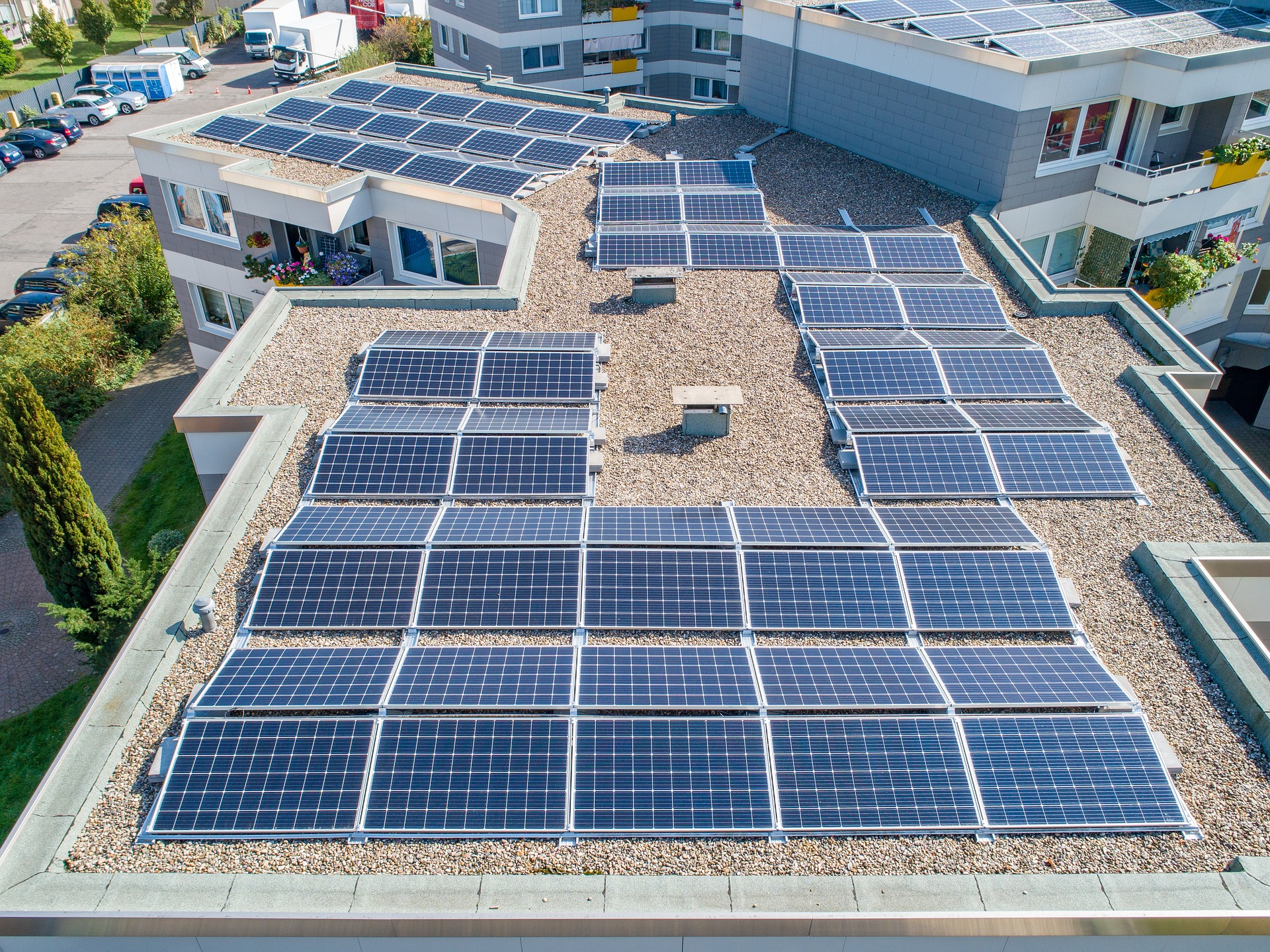Shipping Container Homes: A Complete Guide to Sustainable Alternative Housing
The innovative concept of shipping container homes has revolutionized sustainable architecture, offering an eco-friendly and cost-effective housing solution. These unique dwellings repurpose industrial shipping containers into comfortable living spaces, combining environmental responsibility with modern design aesthetics. As the housing market continues to evolve, container homes present an increasingly attractive option for those seeking alternative housing solutions.
Benefits and Challenges of Container Housing
Container homes offer numerous advantages, including durability, quick construction time, and mobility. Their steel construction provides excellent structural integrity and weather resistance. However, challenges include proper insulation requirements, potential rust issues, and local building code compliance. The modified containers must meet residential building standards while addressing thermal regulation and moisture control.
Design Possibilities and Layout Options
Modern container home designs range from minimalist single-unit dwellings to complex multi-container estates. Architects can stack and arrange containers in various configurations, creating unique spaces that maximize natural light and ventilation. Popular layouts include open-concept living areas, rooftop gardens, and multi-level designs that challenge traditional housing aesthetics.
Cost Considerations and Financial Planning
Container home costs vary significantly based on size, location, and customization levels. Here’s a breakdown of typical expenses:
| Component | Estimated Cost Range | Notes |
|---|---|---|
| Basic Container (20ft) | $2,000 - $5,000 | Used condition |
| Full Home Construction | $30,000 - $200,000 | Depends on size and finishes |
| Design Services | $5,000 - $15,000 | Professional architectural plans |
| Site Preparation | $5,000 - $20,000 | Including foundation |
| Utilities Connection | $10,000 - $25,000 | Water, electric, sewage |
Prices, rates, or cost estimates mentioned in this article are based on the latest available information but may change over time. Independent research is advised before making financial decisions.
Environmental Impact and Sustainability Features
Container homes exemplify sustainable construction by repurposing existing materials. Each converted container prevents approximately 3,500 kg of steel from entering landfills. These homes can incorporate additional eco-friendly features like solar panels, rainwater collection systems, and energy-efficient appliances, further reducing their environmental footprint.
Legal Requirements and Building Regulations
Before beginning a container home project, understanding local zoning laws and building codes is crucial. Many jurisdictions require specific permits and inspections for container homes. Requirements typically include proper foundation installation, structural modifications certification, and compliance with residential building codes for safety and habitability standards.







